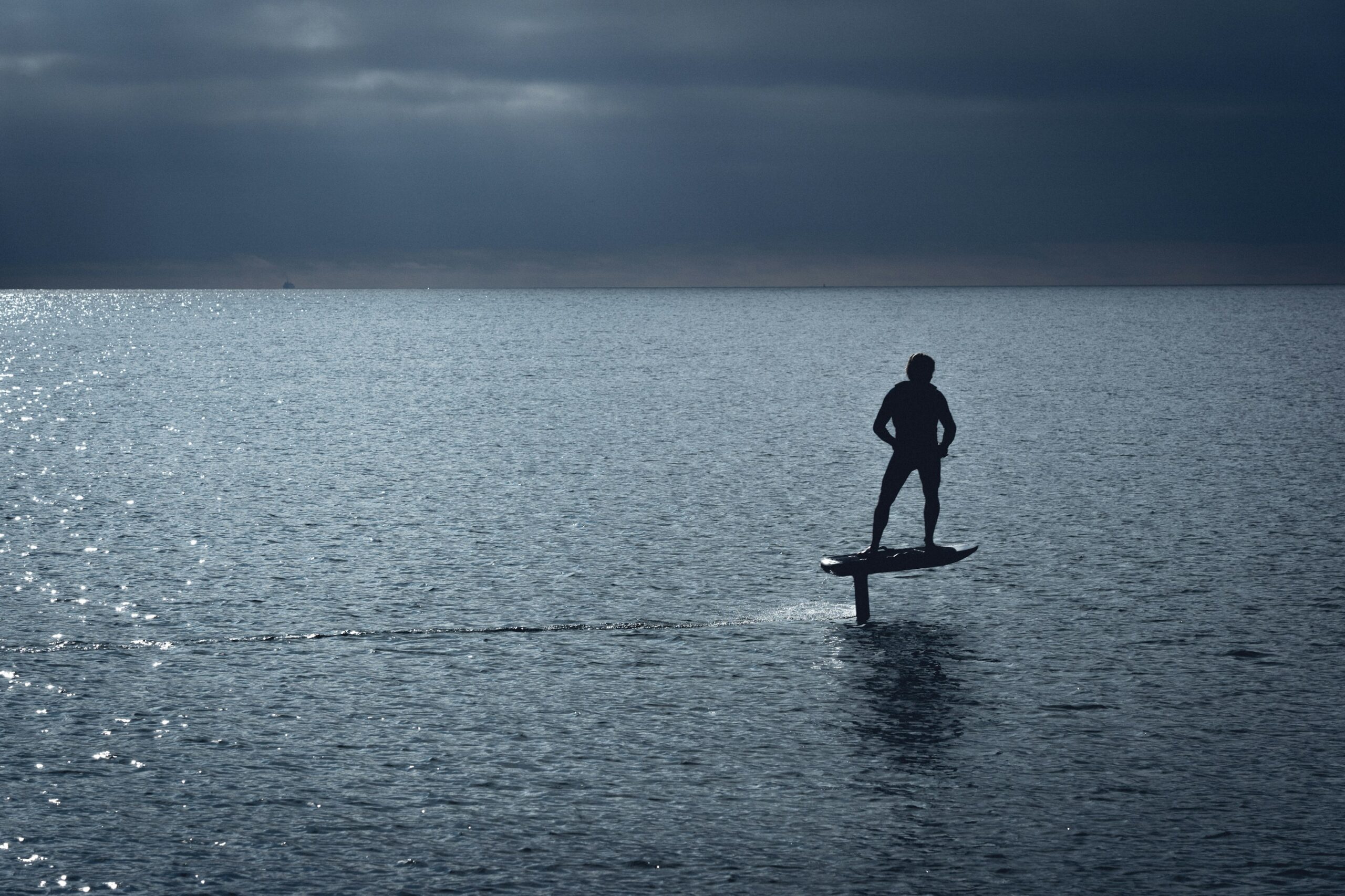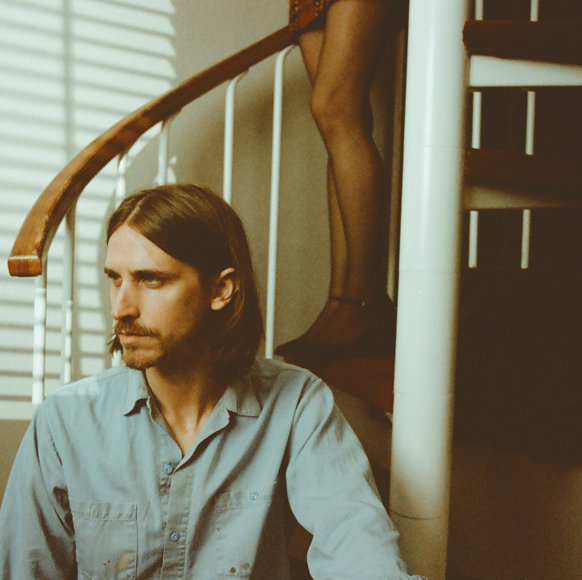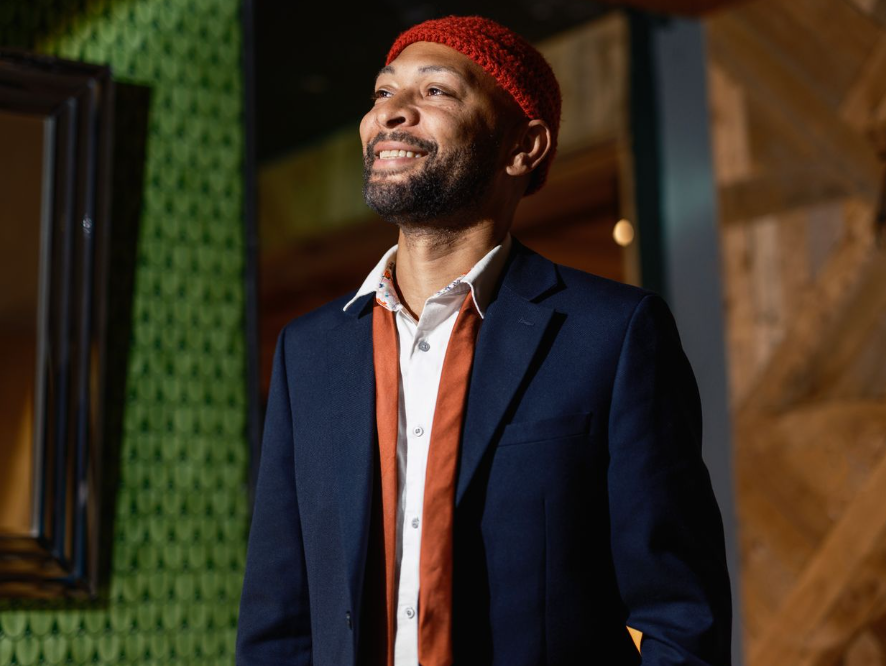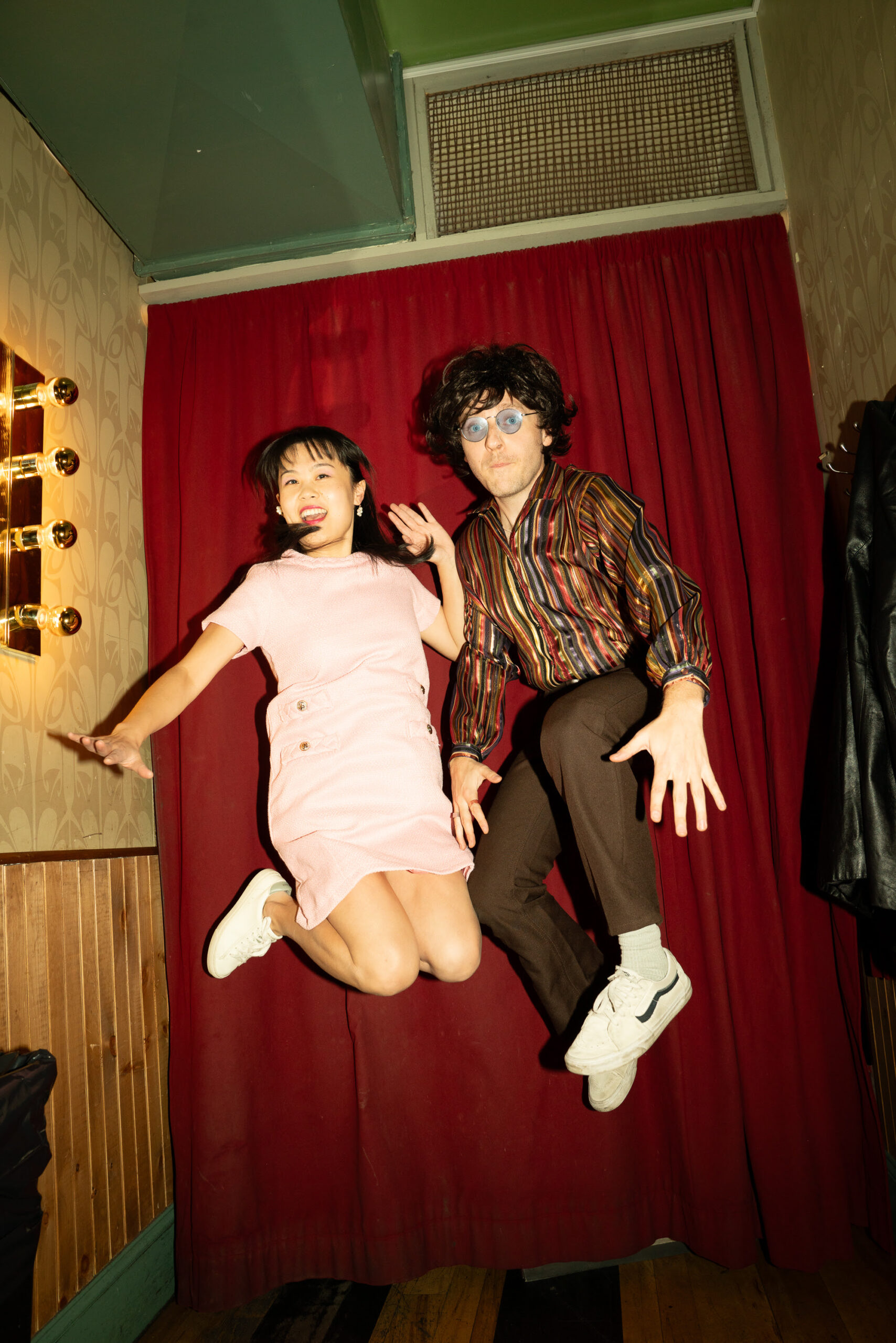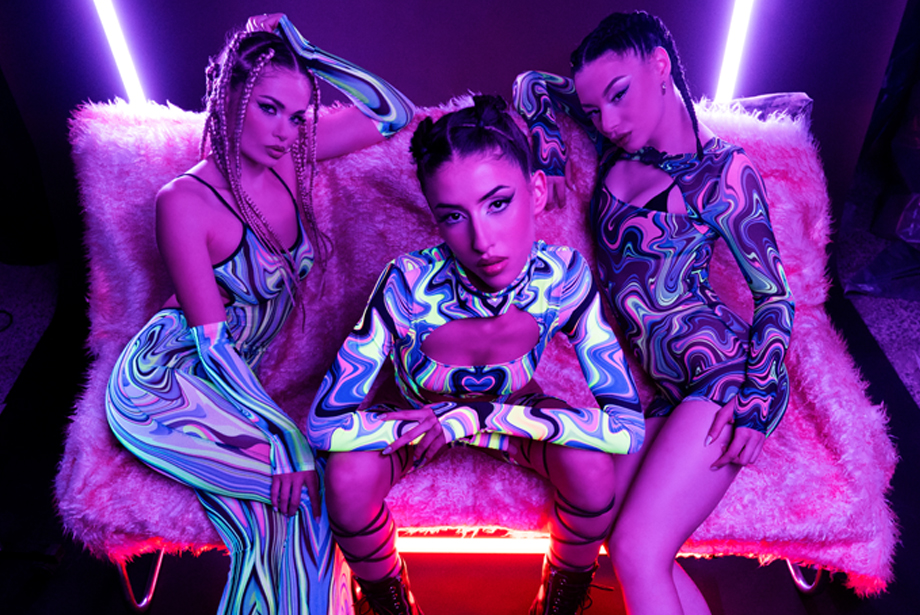While it isn’t the first art form to bind itself to music, cinema has arguably achieved the closest symbiosis therein. Because while musical scores for, say, Tchaikovsky’s “The Nutcracker” or Wagner’s “Ring Cycle” are routinely listened to independent of dramatization, very few subway playlist includes selections from “Jurassic Park 2.”
The exception is the movie soundtrack consisting, mainly, of songs which exist entirely on their own. But such is the power of the movie medium that, while Tears For Fear’s “Head Over Heels” may have once transported you back to hopeless crushes over elementary school lunches, it now instantly calls to mind a famous montage from cult movie Donnie Darko. The song becomes the image, and vice versa.
New York is one of the most musical cities in the world, and a prodigious producer of images, be they cinematic, photographic, or painted. When you shut your eyes and imagine archetypical New York music, a deafening multitude of genres meets the ears: Hip-hop, salsa, jazz, punk-rock…Russian techno.
As a result, pairing the feel of the city with a song has long provided filmmakers with a dazzling array of creative options. But it takes a discerning eye and ear to make of his/her selections more than mere sonic wallpaper; a canny filmmaker instead harnesses a given song to a scene for a specific intent, giving it something approaching agency.
“Fight the Power,” by Public Enemy
Film: Do The Right Thing (1989, Spike Lee)
This list isn’t hierarchical, but the honor of opening it still goes to Spike Lee; since nearly all his narrative films are set in New York (and of those, the majority are set in Brooklyn), he could be seen as THE filmmaker for the five boroughs. Never one for understatement, Lee opened his breakthrough film to the tune of arguably the most declamatory political statement in hip-hop history. (The intro is also a study in the late-80s/early-90s sartorial and dance fad nostalgia for people of a certain age).
“Jumpin’ Jack Flash,” by The Rolling Stones
Film: Mean Streets (1973, Martin Scorsese)
Martin Scorsese could easily merit his own article on the delicate art of melding popular music with movies. But while several entries in his vast oeuvre bear mentioning in that context, I’ll focus on just one: Mean Streets, set in Little Italy.
The contrasting nature of Mean Streets‘ soundtrack (consisting of both Italian operatic arias and American popular music) serves as an aural metaphor for the chasm that divides Harvey Keitel’s tradition-bound, dutiful gangster, and the force of rebellion and chaos that is Robert De Niro’s Johnny.
An example of the latter half of that dichotomy is an early scene where Johnny enters a club all lit up in lurid, hellish red with a woman on each arm. Keitel, nursing a drink at the opposite end of the bar, watches with rueful envy as the trio swagger towards him in slow motion to “Jumpin’ Jack Flash.” (Scorsese and The Rolling Stones would go on to enjoy what is probably the most hand-in-glove relationship between any director and band in the history of cinema; just one of the group’s songs, “Gimme Shelter” has been used at least three times by the director).
“Daddy Never Understood,” by Folk Implosion
“Oh My God,” by Tribe Called Quest
Film: Kids (1993, Larry Clark)
Speaking of piquant combinations of contrasting genres, Kids, a mid-90s controversy hive, combined noise-punk, indie-rock and golden age hip-hop, all of which are relevant to the world the movie’s subjects move through: a New York of feral adolescents from various walks of life. Director Larry Clark’s brutal, unblinking visual sensibility is neatly matched by his wincing musical choices. The opening scene, in which Telly, the film’s teenage “protagonist,” seduces and deflowers an even younger girl, is linked to the subsequent introductory credits by “Daddy Never Understood,” a lacerating, churning punk track by Folk Implosion (led by Dinosaur Jr.’s Lou Barlow). Later, Tribe Called Quest’s ebullient “Oh My God” is heard while Telly and Casper strut through Washington Square Park in search of weed and fellowship (the latter is consecrated by a brutal beat down of a hapless adult dumb enough to poke the hornet’s nest).
“Stephanie Says,” by The Velvet Underground
“Me and Julio Down By the Schoolyard,” Paul Simon
Film: The Royal Tenenbaums (2000, Wes Anderson)
Journeying far, far away from the spontaneous naturalism of Larry Clark’s Kids, we arrive at Wes Anderson’s third movie, which more-or-less confirmed him in the public eye as a purveyor of all things hyper-orchestrated and impeccably manicured. Whatever you may think of his aesthetic, Anderson has a beautiful way with a song.
The wistful melancholy of a classic New York rooftop scene late in the film between Luke Wilson and Gene Hackman, for example, is hitched perfectly to Velvet Underground’s “Stephanie Says,” and the exhilaration of a day shared by the elder Tenenbaum and his two grandsons matches perfectly to Paul Simon’s “Me and Julio Down by the School Yard.”
“Fairytale of New York,” The Pogues
“Flamenco Sketches,” Miles Davis
Film: Basquiat (1997, Julian Schnabel)
A song about being lonely, drunk, homesick and heartsick in New York on Christmas, written by a troubled Irish genius (Shane Macgowen), is an unexpected, but apt, choice to emotionally underscore the story of a troubled, doomed American genius, painter Jean-Michel Basquiat.
It’s one of several ways that director Schnabel—himself a wildly successful painter prior to becoming a filmmaker—uses music to elegize his subject. The soundtrack also features “Flamenco Sketches,” the last track on Kind of Blue, by Miles Davis (a hero of Basquiat’s, if the film is to be believed).
The slow ballad functions, in fact, as one of the movie’s reoccurring motifs, conveying the sublimity of solitude, so essential to the creation of art – and something that was increasingly denied Basquiat the more famous he became. New York, that beautiful succubus, drained the young artist dry and left him dead at 27.
- Alesso On His New Song “REMEDY” and Why He’s Not Slowing Down ›
- We Predicted All the Songs and their Contexts in the New Britney … ›
- The best songs from school-themed movies – Popdust ›



